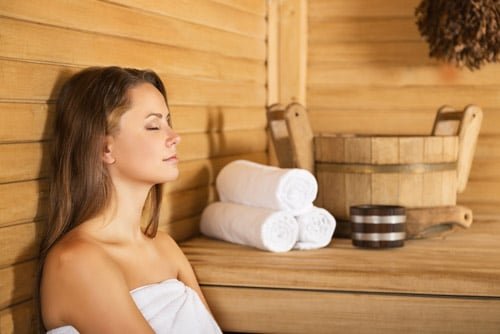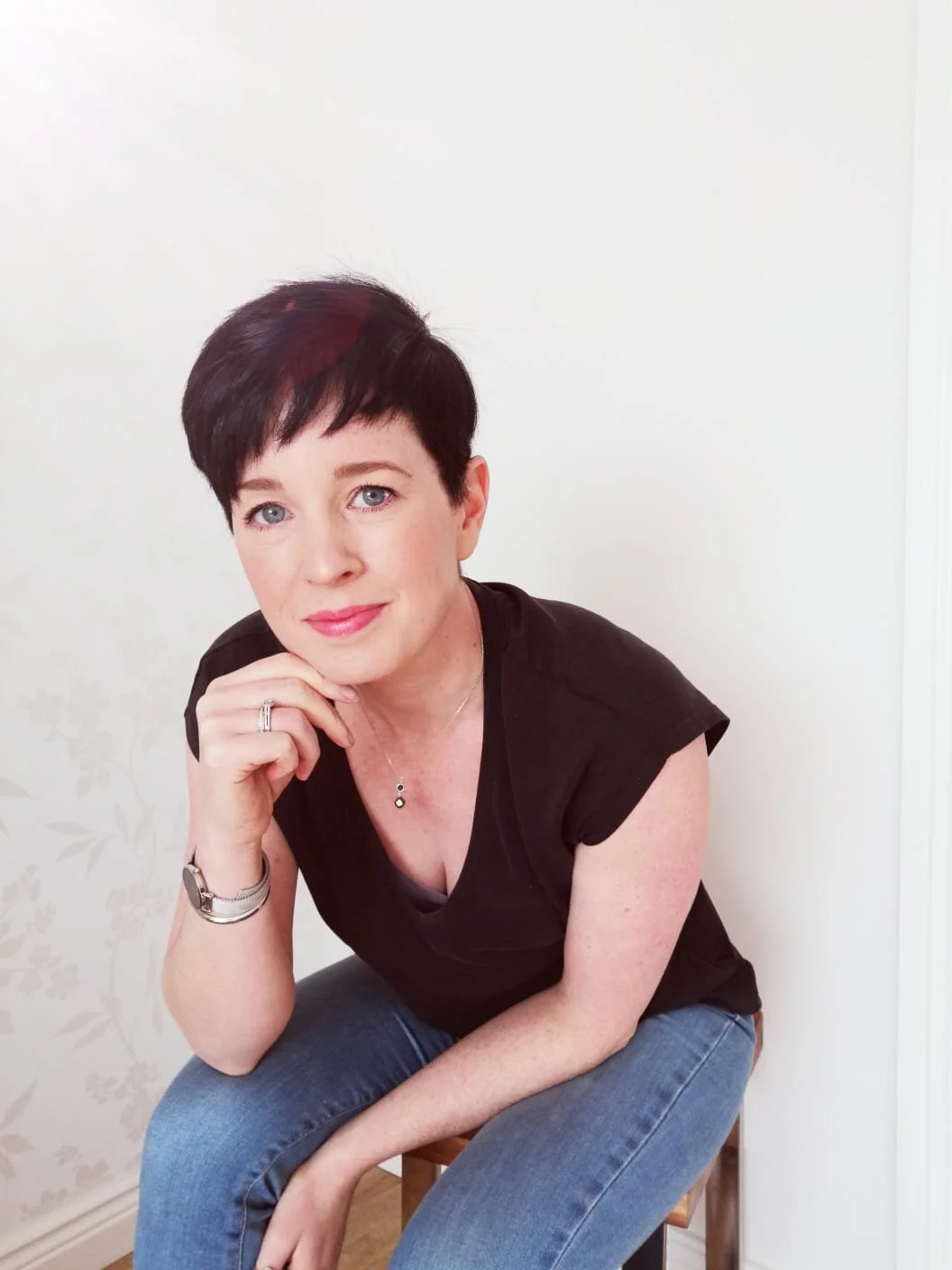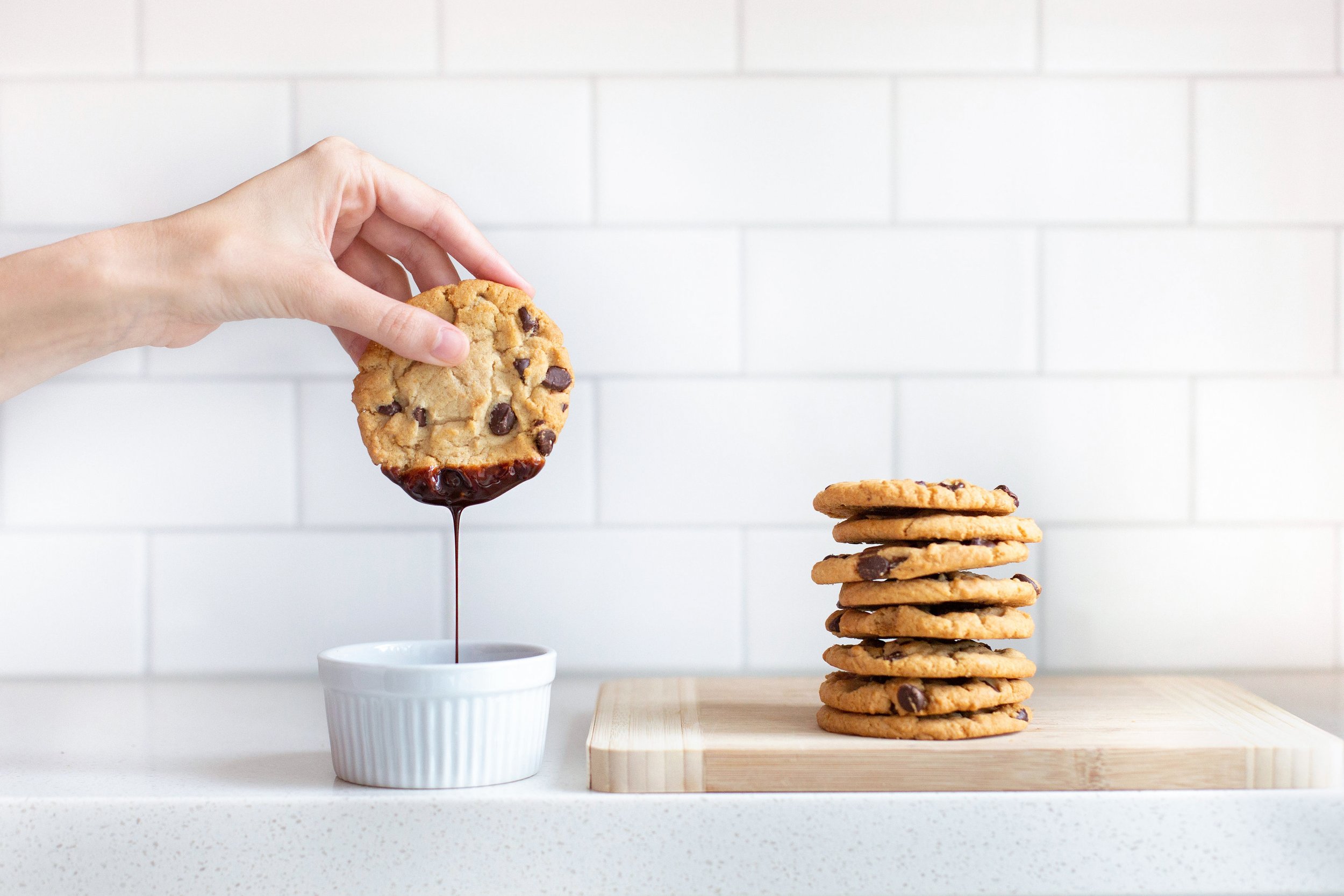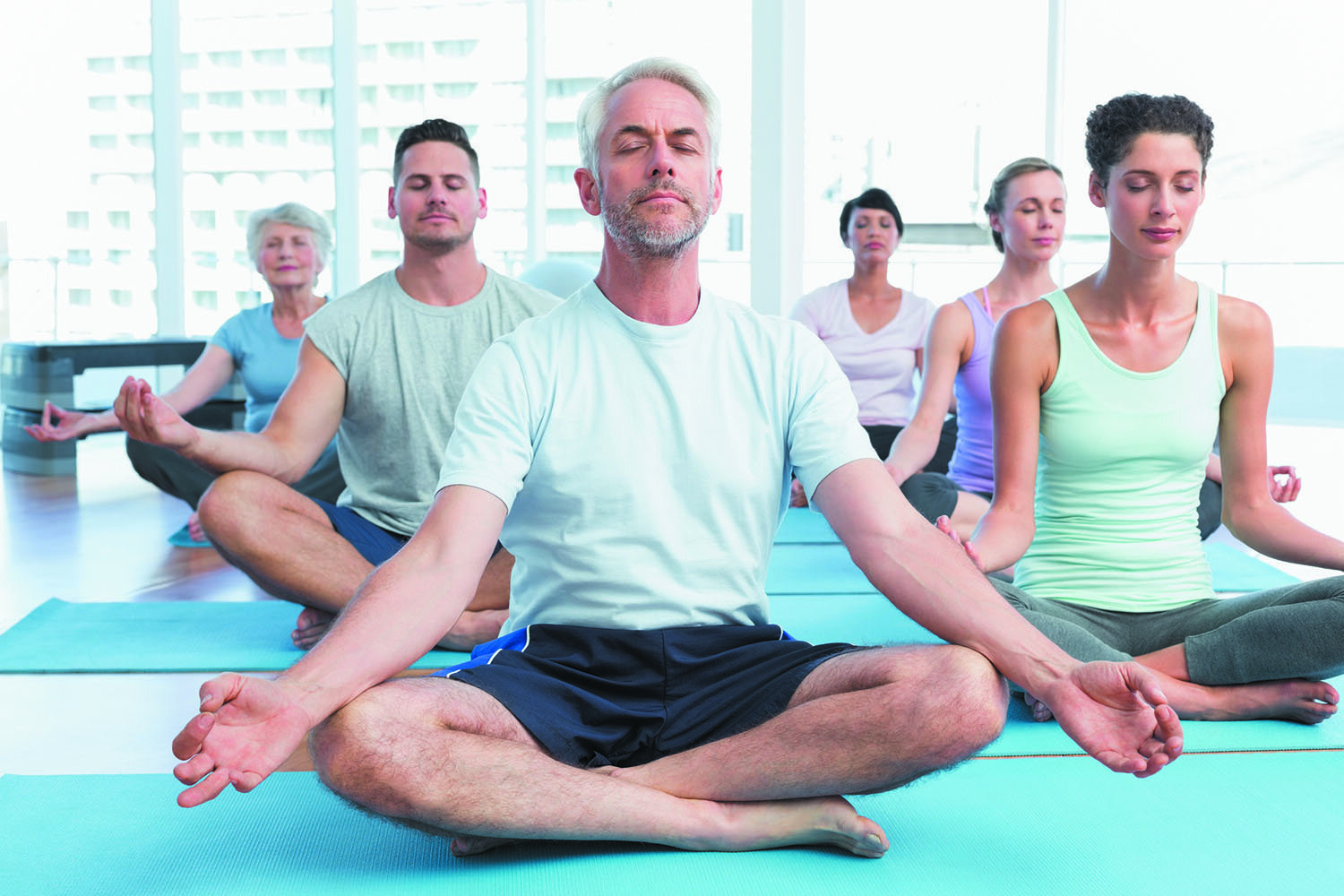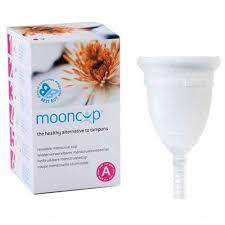ENOUGH SLEEP?
How do you know if you’re getting enough sleep? Well, if, after waking up in the morning, you could fall back to sleep at 10 or 11am then, you’re not getting enough sleep quality or quantity. Secondly, if you cannot function optimally without coffee or tea before noon then you may be self-medicating your state of chronic sleep deprivation. Unfortunately, this sleep debt will continue to accumulate - and to your physical and mental health detriment. Other signs are headaches, lack of energy, hunger & sugar cravings (for energy fixes when your body lacks rested energy) plus daytime impairment such as reduced concentration and poor cognitive function, slower thinking, worsened memory and poor or risky decision-making. Sleep also causes mood changes including feelings of stress, anxiety, or irritability as well as increased inflammation and reduced immune function (which in turn lead to illness).
HORMONES - OUR SLEEPY FRIEND MELATONIN
Melatonin is one cool hormone. Not only does it send sleep signals throughout your body, but it also has antioxidant and anti-inflammatory properties that can benefit mitochondrial health and even skin care. Not to mention, melatonin has legs in fertility: "One of the richest sites of melatonin in the body is the ovaries," midwife and integrative medicine doctor Aviva Romm, M.D., says on the mindbodygreen podcast. "And fertility actually depends on healthy melatonin levels in the brain and in the ovaries." So there you have it, I repeat: Melatonin is a pretty cool hormone to have around.
DREAMS & NIGHTMARES - EXPLAIN:
According to Wikipedia, a dream is a succession of images, ideas, emotions, and sensations that usually occur involuntarily in the mind during certain stages of sleep. (The REM stage). The content and function of dreams are not fully understood, although they have been a topic of scientific, philosophical and religious interest throughout recorded history.
I honestly couldn’t begin to break down what Matthew Walker and others have said about dreams in this one blog; suffice to say that it is fascinating - and I find it so exciting that they remain elusive to modern science and technology in terms of our understanding of them, although there are definitely mornings when I would pay to have the mysteries of my dreams properly explained.
LARKS AND OWLS
Walker points out that one person’s rhythm is not another’s. Morning types make up 40 percent of the population. They prefer to wake at or around dawn, and function best at this time of day. Night owls account for about 30 per cent of the population. They naturally prefer going to bed late, and wake up late. The remaining 30 percent of us lie somewhere in between.
Sadly, society treats night owls as lazy, on the erroneous assumption that their preferences are a choice. Also, modern day work scheduling is strongly biased towards early start times that punish owls and favour larks. Let’s hope the growing trend towards flexible hours continues, to allow for a more flattened opportunities for all sleep-types.
SLEEPING TABLETS
In any analysis of sleep hygiene and sleep deprivation, we cannot overlook sleeping pills, as they are taken by millions of people around the world daily - but at what cost? Sleeping pills - or soporific drugs - are a class of psychoactive drug whose primary function is to induce sleep and for the treatment of insomnia, or for surgical anaesthesia. They do not provide natural sleep, says Walker, and can actually damage your health. Unwanted side effects, including next-day grogginess, can lead people to reach for more cups of coffee or tea, worsening their insomnia.
But even setting aside the potential risks and side effects, sleeping pills aren’t an effective long-term solution for insomnia. The real question is, why aren’t you sleeping? And sadly many older adults often take sleeping pills because pain, nerve problems or other health issues are keeping them up at night. I pray that i never think i have to rely on them.
So what can we do to help induce good sleep? Well, my own personal research as well as that of many scientists and medical or holistic practitioners across the world (in books, online and in person) have helped me create this list. Please let me know in the comments if you have any other suggestions
C x
THE F WORDS.COM TOP TIPS FOR ULTIMATE SLUMBER
1. MOVE YOUR BODY: Move during the day to give your body a reason to rest. We are bipedal by our very biology, so those that can, should definitely make an effort to at least walk if we’re not naturally doing so. The 10,000 steps per day recommendation is a good one that should be achievable to most healthy adults and most modern smartphones will give an approximation on movement, which is helpful accountability should you need it.
2. AVOID CAFFEINE & ENERGY DRINKS: These should be avoided from early afternoon. If you can, avoid them altogether. The longer we are awake, the more a chemical called adenosine builds up, making us feel sleepy, but we can artificially mute it by taking caffeine. It’s like sticking your fingers in your ears to block out sound. Caffeine is the most widely used and abused psychoactive stimulant in the world, as well as the most traded commodity on the planet. Most of us love coffee, but what can be problematic is the persistence of caffeine in our system. One cup of tea or coffee in the morning will last much of the day. *Check out this story of one caffeine-addict’s journey here…
3. AVOID ALCOHOL: Alcohol is a sedative which initially loosens us up, and then, given more time/intoxication, can drag us into a stupefied state. We can begin to feel sluggish, but despite what many think, alcohol does not induce us into natural sleep. Glucose spikes, dehydration (and the effects of it, including palpitations, cramps and night sweats) are among some obvious physiological effects. Matthew Walker points out that alcohol actually fragments sleep, littering the night with brief awakenings, so we are not refreshed and restored. Also, alcohol will often suppress REM or dream sleep. “The annoying advice of abstinence is the best, and most honest, I can offer,” he writes. Not just honest advice, but pretty sobering too. (If you’d like to read more on giving up alcohol, check out this blog I wrote about soberista life here ).
4. DIGEST THEN REST: Leave at least four hours from your last meal if you can before sleeping - a body in digestion mode can take away from vital repair & recovery work needed during sleep. That’s not to say our bodies cant do both simultaneously by the way - they most definitely can, but this way, your blood glucose levels would be nicely dipped before slumber sets in. *Side Note: a sleepy siesta isn’t a bad thing either, as most people feel wonderful after one, and I am a massive fan of a micronap or a weekend disco nap, but remember that a post-lunch afternoon nap can also be caused by a glucose rush, then crash!
But while we’re on the subject of food, it’s important to note that great nutrition will undoubtedly lead to good sleep, or enhance sleep quality, so a diet of whole, fresh foods rich in vitamins and minerals and low on processed ingredients and sugar is optimal.
5. HYDRATE! Go to bed hydrated, but not full of water. Try and get your 2L of water per day as regularly as you can. I use a 2L bottle with hourly markers to remind me to drink throughout the day. And just like sleep deprivation causes myriad health issues, dehydration and a lack of water causes a whole heap of other conditions, from the benign to the pretty serious - but that’s a subject for a whole other blog (check out my HYDRATION STATION blog for the l’eau down! PS while we’re on the subject of water, remember if you wake in the night needing the loo, get up and go rather than holding it in, as a full bladder prevents a restful sleep.
6. SCREEN BLACKOUT: The irony that I am typing this just before midnight is not lost on me (but then, I am a night owl), however the modern medical consensus is that screens - and the blue light which they emit - most definitely affect sleep by tricking our sensors into thinking it is still daylight, and therefore knocking our natural circadian rhythm off kilter. The advice? Get off all screens tat least two hours before bedtime and most definitely don’t keep a TV in your bedroom. Many say keep phones out too, although mine is my alarm and I find it difficult to leave it at the door.
7. BATHS & OBLUTIONS: At the right temperature, having a bath will help regulate heart rate and relax and even cool the body for sleep. (See point 10 below). It seems upside down to suggest that a hot bath cools us down, but the basic science is this: The warm water brings blood to the surface of the skin, (this blood is how we get flushed cheeks & pink skin); but when we get out, this blood at the surface emits all that heat with the result that our core body temperature cools down. Bingo!
Although they have similar temperature effects, showers tend to wake us up whereas a warm bath can relax muscles - including the mind and our thoughts. Adding essential oils such as lavender can help induce sleep (personally I love This Works Deep Sleep Bath Soak while others swear by Magnesium salts to relax the central nervous system or Epsom salts to detox and relax muscles.
8. MAGNESIUM SUPPLEMENTS I was absolutely flabbergasted the one time i tried a Magnesium Sulphate supplement after visiting a holistic health store and having it recommended to me for a deeper, more relaxed sleep. It definitely worked and did exactly that! On the downside I felt it affected my digestion, however having only tried it once, I cant say that for sure. Must give it another go sometime.
9. OILS - as well as dropping them into the bath, some essential oils on key pulse points or even on pillows can aide a more restful sleep. Eucalyptus oil can help snorers breathe easier (this definitely works on my other half’s pillow!) and therefore suffer less sleep apnoea, while lavender oil or even CBD oil can have relaxing effects when applied to the pulse points.
10. BEDROOM TEMPERATURE: Moving into the bedroom now, it’s been scientifically proven that to initiate and maintain good sleep, our core temperature needs to depress by 2-3 degrees Fahrenheit or one degree Celsius. Our nocturnal melatonin levels are controlled by the loss of daylight at dusk, as well as the drop in temperature as the sun sets and so it’s always easier to fall asleep in a room that is too cold than too hot and so a bedroom temperature of 18.3C is a reasonable goal. As a long-time ‘cold person’ and lover of electric blankets previously, i might have fiercely contested that before. Not so much now though (age, perhaps?)
11. BEDROOM LIGHT: Unless you want to be woken by pre-dawn light before the sunrise (not so great at 4am in northern Ireland in June), then invest in blackout blinds and/or wear a soft eye mask to keep natural or other light at bay. Again, this is all to do with circadian rhythm receptors, many of which are in the eyes - but also even in your skin - which is awakened by light.
12. BEDDING: Not everyone can afford 1000+ thread count linen sheets and bedding, but breathable fabrics in natural fibres such a cotton, silk and linen are the optimum. I have also invested in a weighted blanket (mine is from Serenity Blanket) and the swaddling effect has similar psychological stimulus to a hug. They are reputed to help kids with autism as well as older dementia patients and others with restless leg syndrome, among other issues.
13. MATTRESSES & PILLOWS: I’m lucky in that my mattress is one made for a 5 star luxury hotel, and I have to say I really miss it when I don’t sleep at home. Sleep experts say that body positioning is vital to a good night’s sleep as it determines so much - mostly breath movements and overall rest. My favourite pillow is a down one from IKEA (the KORNVALLMO) which i bought after attending a sleep academy for press a couple of years ago where i learnt the optimal pillow shape for my sleep position. I’m also delighted to say that as a former tummy sleeper, I have managed, since that academy, to train myself to sleep mostly on my back, which experts say is better.
14: ENJOY A BOOK OR A BEDTIME STORY: Reading is a most wonderful way to relax the mind by losing ourselves in a story while physically tiring the eyes, but since my eyesight has started its waning, late 40s journey into ever-so-slight fuzziness, (and since I’ve fallen asleep more than once with my glasses on) , I am enjoying audio books more and more. I will forever prefer a real book-in-hand to a Kindle (plus, that blue light!), but if I’m reading a particularly exciting story, it sometimes keeps me up and defeats the whole purpose!
Enter the audio book, my new favourite night time friend. There is something magical and regressive (in the most positive way) about listening to a bedtime story to get relaxed and ready for sleep. I mean, Matthew McConaughey’s voice on the Calm app is a treasure to be enjoyed. (Or Stephen Fry’s if you like a more properly posh, clipped English tone). In fact there are voices out there for everyone - and what a delight that is. The only downside is the headphones stay in if you fall asleep mid-story (which is kind of the point) and your ears can feel slightly bruised if you lie on them with the headphones still in. Been there, felt that annoying pain!
Plus for some, an audio book means keeping the phone close enough by the bed to stop the story or reset the timer and that contradicts the device advice above. Speakers aren’t the same, i don’t think, but maybe I just need the right one. And I’m not sure my other half’s bedtime preferences would be the same as mine, although he is one of those lucky people who seems to sleep within minutes of hitting the pillow.
15. MEDITATION: I am a massive fan of meditation these days, having picked it up a few years back, but really getting into a daily routine during lockdown 1 in 2020. My favourites include Deepak Chopra’s 21 day Abundance guided meditation (Day 16, which is all about gratitude, is my favourite) as well as Glenn Harrold’s sleep hypnosis, and finally there is a wonderful Tension Release meditation on Audible which is twelve minutes of bliss before bedtime.
16. MUSIC: Gentle music or even natural sounds can really help to relax the mind - and the body - before sleep. There are loads of potential playlists (and even white noise or pink noise, plus ASMR or natural wave or rain forest sounds) on Apple Music or Spotify, or you can make your own. Speaker types and proximity of your phone are things to work out first, so you don’t have your device too close, but an Amazon Alexa should do the job. You might like the opposite altogether and need to seek out noise reduction or noise cancellation headphones. Whatever floats your boat to Relaxation Road!
17. MASSAGE: Credit to one of my Instagram followers for reminding me of this gem sleep hack. There is absolutely nothing nicer than having a relaxing aromatherapy massage before sleep and it’s an indulgence I often splash out on on weekends away (how terribly rock n roll!).
And if you feel like mixing it up and bringing some sexy time into your massage that’s cool too (because intimacy is another great way to relax both body and mind before sleep).
18. NUDIE? OR HOODIE? Now while we’re on the subject of sexy time, let’s talk nude or not…?!
In my experience it seems there are two extremes to sleepwear and not much in between. Those I’ve spoken to seem to favour either full nudity every single night - in every single season - or else they’re like me and prefer PJs and layers where possible. Neither is better, according to the experts, as long as you are comfortable and not overheated (in which case your body temperature gauge should wake you up anyway).
19. BREATHE: Controlling the breath is one of the most ancient, instinctive and powerful tools we have as humans - and once you learn how to use it (through yoga or otherwise) and understand how it can help to manage pain, stress and even excitement, it is a joy to put it into action. Controlling your breath when you lie down in bed at night is one of the quickest and easiest ways to get yourself to sleep too. You can almost immediately settle the mind by simply breathing in for 6-7 seconds, then holding for 3-4 more, before releasing the breath over a further 6 seconds and repeating ten times. And that’s got to be better than popping pills on the daily, if we can make it work, right?
20. SLEEP TRACKERS: Inspired by Gwyneth Paltrow & the Goop editorial teams, I invested in an OURA RING last year and it’s been such a revelation to me. I knew I didn’t always get 8 hours’ kip, but seeing and understanding the regularity (or irregularities) of my sleep was quite revealing - and often the sleep analysis on a given night would explain away performance and mood the next day. Still does, I’m proud to say that I get plenty of deep sleep, the good stuff, but always seem to underperform in REM sleep - and I always thought I was a great dreamer, in fact I have always remembered dreams regularly and vividly.
Less so these days though I guess.
Like a fit bit, the Oura ring also measures heart rate, movement and much more, so it’s a great tool to measure your daily activity too and I imagine it’s one more Medi tech tool which might help doctors of the future examine lifestyle activities to set insurance or explain illnesses etc
Word of warning though: some disturbed sleepers actually find tracking their sleep stresses them out even more, so remember this might not be for you if you feel it’s going to be anxiety-ridden.
Please do let me know if you have any other hacks or suggestions by commenting below or pinging me a message on the usual channels.
Meanwhile, sleep tight! .

